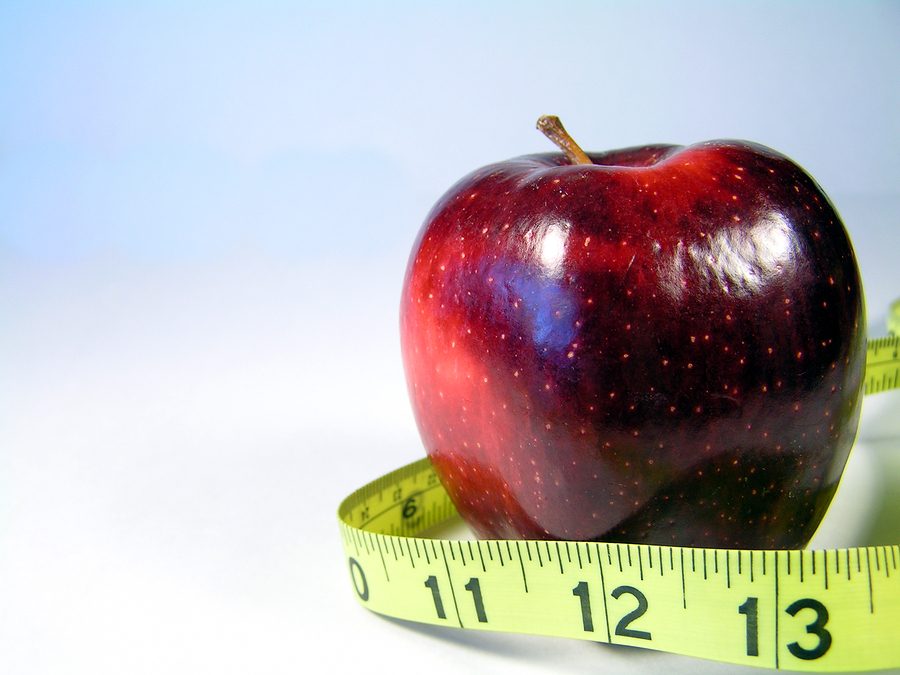Calorie counting is one of the most effective scientific routes to reaching your body goals. The MediPlan Diet Services team is all for safe and sustainable ways to drop those pounds, but does calorie counting really help?
Well, focusing on your energy intake in this way tends to alleviate the mysterious qualities of fad diets, shifting macronutrient requirements, and hours of exercise. Calorie burning becomes an easy-to-understand mathematical formula instead of a shot in the dark. When your body burns more than it consumes, this nutrition-focused “calorie deficit” is how you begin to lose weight.
Creating A Calorie Deficit To Lose Weight
Cutting-edge nutritionists and dieticians design many innovative food plans in medical and nutritional contexts. There is no reason to feel hungry or cranky for half the day before you shed some weight. Rather, a calorie deficit can still include an abundance of organic and nutritious food.
Here is how to make a calorie deficit work for you:
#1 Count Calories by Macronutrients
Your body absorbs nutrients via three vehicles (dieticians call these macronutrients):
Protein
Protein is responsible for amino acids that your body uses to:
- build and repair muscles
- create enzymes for digestion and metabolism
- manage hormones that improve skin and organ health
Fat
Fat helps you feel full, supports cell growth, and creates energy so that you can stay active for longer.
Carbohydrates
Carbohydrates fuel your heart, kidneys, brain, and central nervous system, which is why marathon runners “carbo-load” before a long run.
#2 Think About the Numbers
You can create calorie deficits that optimize the body’s intake and make it easier to reach your goal weight fast with the macronutrients above. For example, each gram of protein has four calories, and every gram of fat has nine calories. Essentially, you can eat more than double the grams of protein-filled foods for the same caloric value as a serving of fat-laden food.
One gram of carbohydrates also contains about four calories but burns much quicker than fat or protein. If you eat carbohydrates, you need to eat more often, but that could also mean consuming more calories daily than for a similar amount of protein.
#3 Manage Your Portions
Most people consume 40% of their calories from carbohydrates, 30% from protein, and 35% from fat. However, everybody has different calorific and macronutrient-specific needs. The easiest way to curate a calorie deficit diet is to consult a dietician for a personalized assessment and an idea of the appropriate portions for your weight loss.
#4 Monitor Your Basal Metabolic Rate
Food powers life-preserving functions in your body and facilitates a balance between exercise, metabolism, and calories. Your brain uses about 300 calories daily, and a physically demanding job will mean you burn far more calories than a sedentary lifestyle. The industry refers to this ‘calorie burn’ relationship as the Basal Metabolic Rate or BMR, computed as:
- Male BMR = 66 + (6.2 x your weight in pounds) + (12.7 x your height in inches) – (6.76 x your age in years)
- Female BMR= 655.1 + (4.35 x your weight in pounds) + (4.7 x your height in inches) – (4.7 x your age in years)
Consuming fewer calories than your BMR is an automatic weight loss strategy, but there are many factors at play, and it doesn’t work for everyone.
Do you want to feel better and lose weight? Learn more about concepts like a calorie deficit through MediPlan Diet Services at 901-362-7546, and take the first step to a new you.

